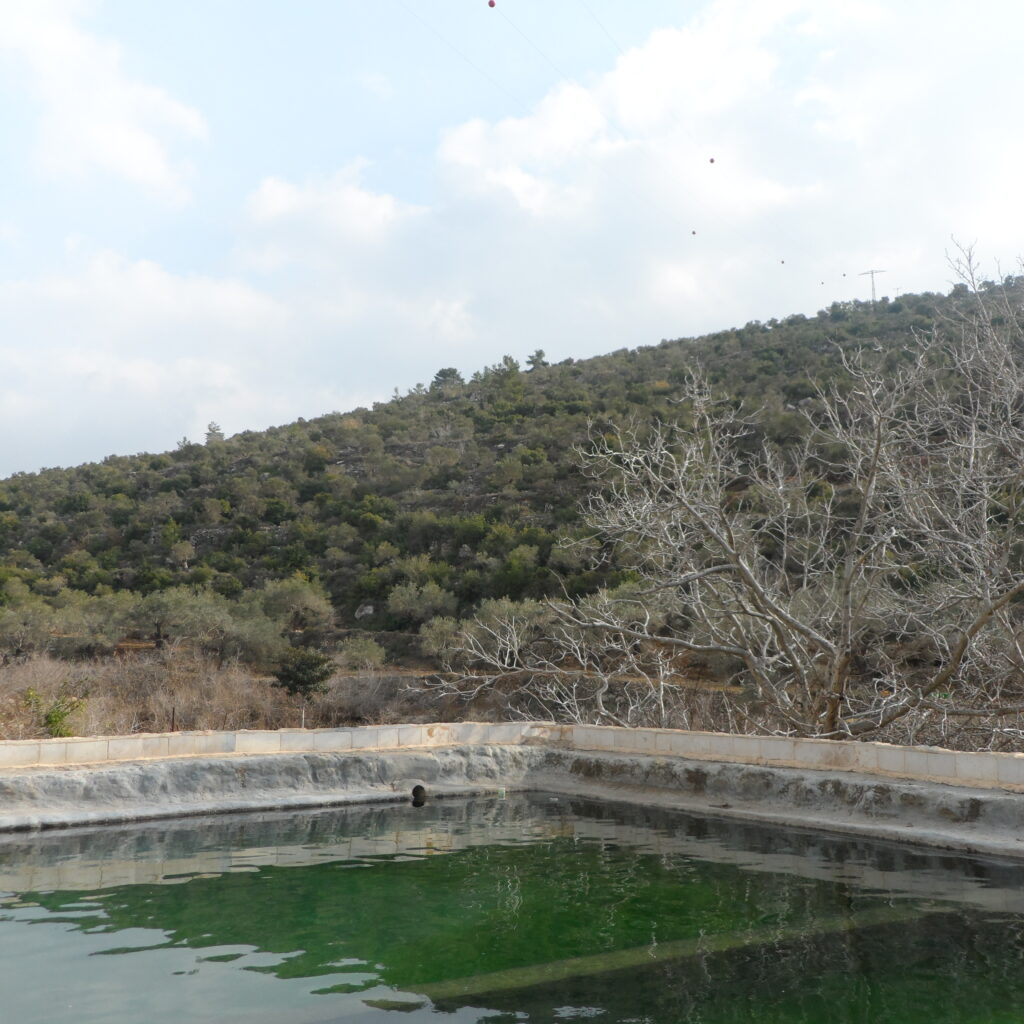
Impact of climatic change on the women empowerment on the water Qualitative Resources Management in Natuv Catchment / Palestine
Climate change is a serious problem facing the whole world and directly affect the Middle East region. The urban and rural communities of the West Bank are suffering from qualitative water issues affecting drinking, agricultural and industrial purposes. Spring water is used to provide communities with drinking and agricultural water, indispensable for their food security. Chemical and biological pollutants seep through the soils and substrata towards the groundwater resulting in poor water quality. Moreover, climate change plays a crucial role, due to the rise of temperatures and decrease amounts of rainfall, which is observed in the quality of the nearby natural springs. A main socio-economic impact of climate change is the migration of farmers from their lands (especially women), which reduces the agricultural activities in the area. Improved water quality is expected to have positive socio-economic impacts on livelihoods and allow for sustainable expansion of agricultural activities in the region. The study area is the Natuv catchment in the central western of the West Bank, which is negatively affected by the discharge of the untreated wastewater from Israeli settlements and Palestinian communities into the wadi catchment. The inter-linkage climate change impacted between quantitative and qualitative water resources will be integrated.
The main objective of this study is to understand the impact of climatic change caused pollution due to sewage effluents on the women empowerment in the farming areas surrounding the springs. The research will concentrate upon the springs quantitative changes in regards to the qualitative climate changes and their effect on the women working market. The effect of climate change on the quality of water sources in the catchment and their effect to the women as the main farmers in the area will be focused. Studying the impacts of climate change on spring water quality will help decision makers to be aware on their effects on the women empowerment in order provide key solved solutions of the groundwater pollution as well as to prepare a plan to get ready for the future climate change scenarios in the area. The importance of the project will be in having both the climate change and human affects towards groundwater aquifers in the catchment and their affect to the women empowerment. This is also to empower local climate change polices in Palestine so that it includes a clear framework that empowers vulnerable groups to plan and cope with the impacts of climate change, under resilient governance arrangement.
